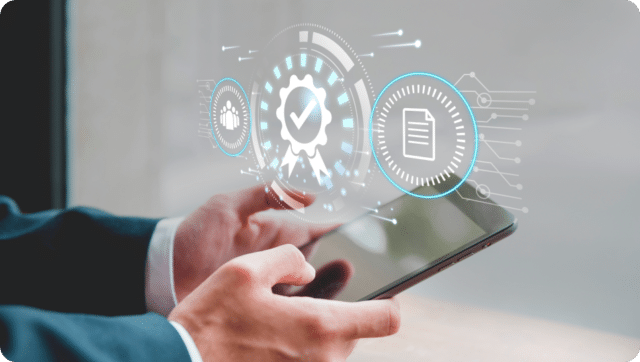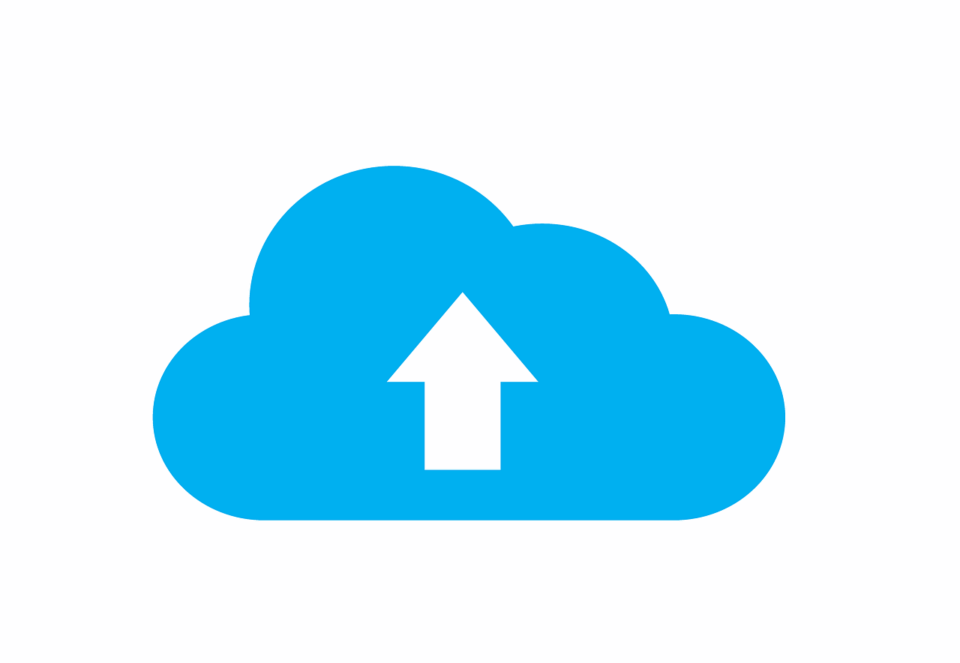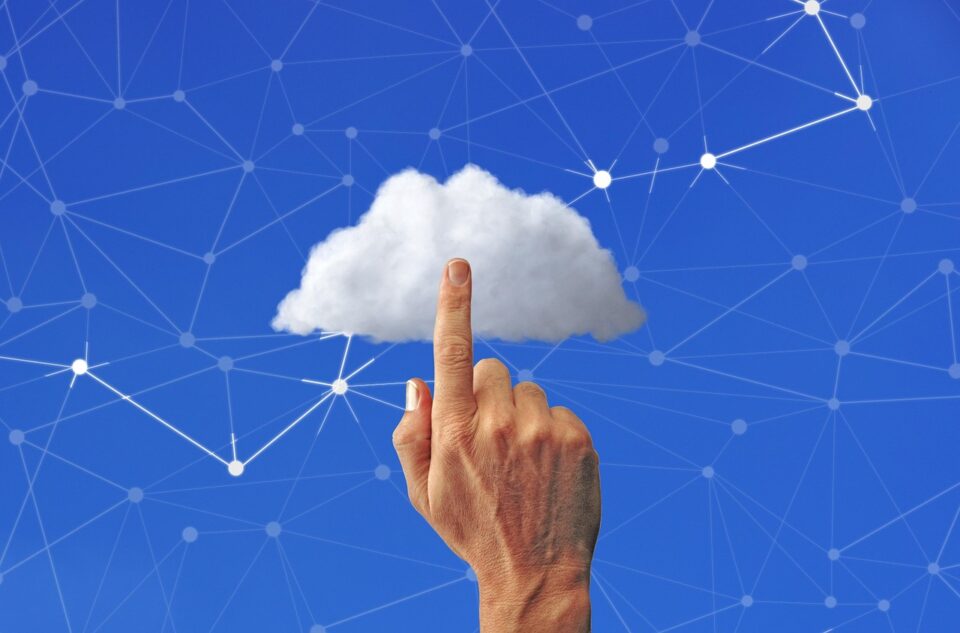The healthcare industry is on the cusp of a digital revolution, significantly impacting the health industry as a whole. People are empowered with health information, thanks to technological innovations in digital health. It’s vitally important that healthcare professionals continue to stay up to date on advances in technology that will improve not only their internal systems but also patient treatment and care.
In this article, we’ll focus on top healthcare technology trends in three main areas, namely Patient Engagement, Hospital Workflow, and Treatment.
Patient Engagement with Healthcare Providers
We will witness more developments in the arena of patient-centric care. Mobile health is gaining prominence, pointing us to the fact that individuals are taking a more active role in their own health. Wearables and fitness trackers are gaining mass adoption by people of varying demographics. These devices track vital statistics, including blood pressure, as part of the broader trend towards digital healthcare innovations. Mobile apps are also playing a crucial role in helping patients track their health data and stay informed about their health status. About 50% of healthcare consumers are expected to be active digital health tech adopters. Now, more than ever, patients will begin to have a say in their choice of treatment and expect transparency of information exchange from healthcare providers.
Telemedicine is another model of healthcare that is gaining traction in this hyper connected world. Get ready to see a rise in demand by consumers for health advice and information in the coming months. Mobile apps will facilitate this demand by providing easy access to health data and connecting patients with healthcare providers. Adoption of telemedicine will connect patients and doctors like never before. The digital health empowered individual will pose a challenge to traditional healthcare services that are slow in adapting to the digital transformation happening around. The quality of service from healthcare providers will be measured by the ease of access to information by patients.
Hospital Workflow in Health Systems
Technology continues to advance as people become more and more accustomed and able to access information in seconds rather than hours or even days. Because of this, slow-paced administrative processes in hospitals are becoming increasingly frustrating to patients. This includes things as simple as difficulties of scheduling an appointment, to accessing medical reports, or even trouble in exchanging information between providers. Hospitals are expected to make use of digital platforms and cloud computing services as part of their patient engagement measures. Electronic Health Records (EHR) will be central to these efforts, enabling health organizations to streamline operations and improve patient care. The motto will be data access, anywhere, anytime.
Mobile health, telemedicine, and Electronic Health Records (EHR) will produce a plethora of data that healthcare providers can utilize to improve patient care. Health organizations will need to adopt robust data management strategies to handle this influx of information effectively. One of the challenges that many providers will face is the issue of storing and securely transmitting sensitive patient health information (PHI). Many organizations still depend on legacy fax equipment to securely transmit documents despite the criticism of relying on this ancient technology. Thankfully, hospitals decided to choose alternative technologies like online faxing that is secure, cost-effective, and environmentally friendly.
Other exciting news awaiting us as we talk about secure transmission of data is the blockchain. Utilization of the blockchain will disrupt the way data has been handled until now. IDC Health Insights predicts that 20% of healthcare organizations will actively develop systems utilizing the blockchain to keep data secure and enable easy exchange of information between trusted partners.
Treatment and Health Outcomes
Robots are coming – Not Terminators, but life savers.
Experts suggest that practitioners will make use of Artificial Intelligence (AI) for better diagnosis, surgeries, assistants, and more. These advancements are expected to significantly improve health outcomes by enabling more precise and effective treatments. Virtual Reality and Augmented Reality will become common tools at the hands of doctors for educating patients. AI bots will slice and dice data to help doctors make more accurate clinical decisions. The combined force of blockchain and AI will open a new realm in healthcare which will ultimately help provide better patient care. Pharmaceutical companies are also leveraging AI to innovate drug development and streamline clinical trials, further enhancing patient care. Use of AI will increase the efficiency and productivity of doctors as well. For those who fear a robotic conquer of the world, be assured that AI in healthcare is not going to replace doctors, but empower them.
These technological developments will help to fuel a positive change in the healthcare industry in 2018. It’s impossible to predict the pace of these implementations in hospitals, as these require not only capital and training but also an open-minded and forward thinking CIO that’s willing to adopt new and innovative technologies. The pertinent question is, are you ready to embrace the change?
Emerging Technologies in Healthcare
Artificial Intelligence (AI) in Healthcare
Artificial Intelligence (AI) is revolutionizing the healthcare industry by enhancing patient care, reducing healthcare costs, and boosting operational efficiency. AI-powered algorithms have the capability to analyze vast amounts of health data, identify patterns, and provide actionable insights that can significantly inform clinical decision-making. For instance, AI can help healthcare providers personalize patient care by predicting patient needs and tailoring treatments accordingly.
Moreover, AI is streamlining clinical workflows and reducing administrative burdens. AI-powered chatbots, for example, can handle routine patient queries, freeing up healthcare professionals to focus on more complex tasks. AI-driven analytics can also identify high-risk patients, enabling proactive interventions that can prevent hospital readmissions and improve health outcomes.
The use of AI in healthcare is expected to grow exponentially, with the global AI in healthcare market projected to reach $36.1 billion by 2025. This growth is driven by substantial investments from healthcare providers, pharmaceutical companies, and health insurers, all of whom are focusing on applications such as predictive analytics, natural language processing, and computer vision. As AI continues to evolve, it promises to bring about a new era of precision medicine and enhanced patient care.
Internet of Medical Things (IoMT)
The Internet of Medical Things (IoMT) is an interconnected network of medical devices, sensors, and wearables that collect and transmit health data over the internet. This technology is transforming the way healthcare providers monitor and manage patient health. IoMT devices can track vital signs, monitor chronic conditions, and provide real-time feedback to healthcare providers, enabling more proactive and personalized patient care.
One of the most significant benefits of IoMT is its ability to facilitate remote patient monitoring. This capability allows healthcare providers to keep an eye on patients’ health status without requiring them to visit a healthcare facility, thereby reducing hospital readmissions and improving patient engagement. For patients with chronic conditions, IoMT devices can provide continuous monitoring and timely alerts, helping to manage their health more effectively.
The IoMT market is experiencing rapid growth, with projections indicating it will reach $158.1 billion by 2025. This growth is fueled by investments from healthcare providers, medical device manufacturers, and technology companies, all of whom are developing innovative IoMT solutions. Key applications of IoMT include telemedicine, remote patient monitoring, and personalized medicine, all of which are poised to revolutionize healthcare delivery and improve health outcomes.
By integrating AI and IoMT into their operations, healthcare organizations can enhance patient care, streamline workflows, and reduce costs, ultimately leading to a more efficient and effective healthcare system.




